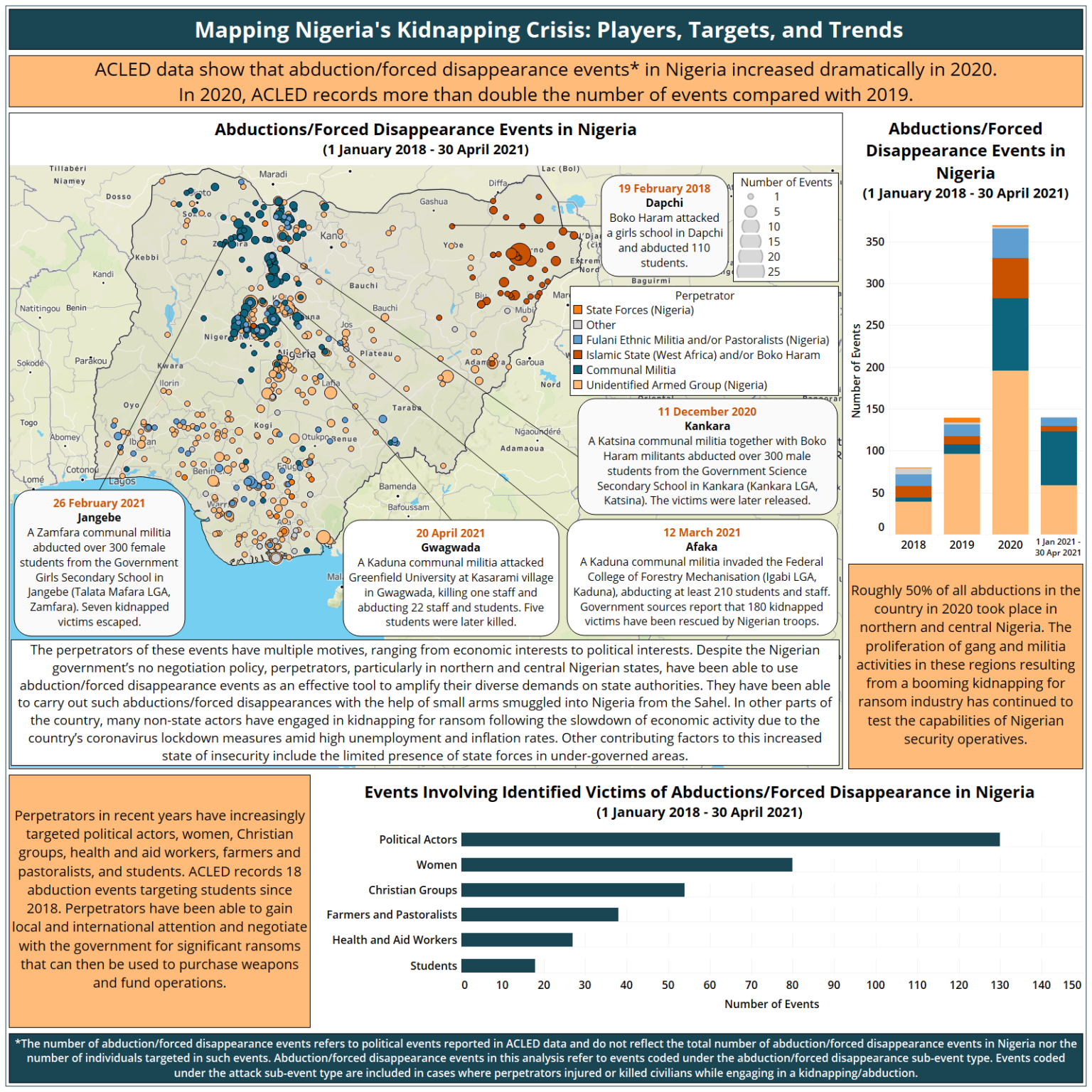A recent report by the National Bureau of Statistics (NBS) has unveiled alarming figures regarding kidnapping in Nigeria. Over the past year, kidnappers have reportedly received an astonishing ₦2.2 trillion as ransom. This significant amount highlights the ongoing security challenges faced by many Nigerians and raises concerns about public safety across the nation.
Understanding the Report
The NBS publication, titled “Crime Experience and Security Perception Survey 2024,” provides a comprehensive overview of various crimes occurring throughout Nigeria. It covers both urban and rural areas and spans a 12-month period from May 2023 to April 2024. The findings indicate that kidnapping incidents are more prevalent in rural areas compared to urban settings.
Key Findings on Kidnapping Incidents
According to the survey, there were a staggering 2,235,954 reported incidents of kidnapping across Nigeria during the reference period. Notably, rural areas accounted for more than half of these incidents, totaling 1,668,104 cases. In contrast, urban areas recorded 567,850 cases.
Regional Breakdown of Kidnapping Cases
The report further breaks down these incidents by region:
- Northwest: 1,420,307 cases (highest)
- North-Central: 317,837 cases
- Southeast: 110,432 cases (least)
This regional disparity indicates that certain areas are more vulnerable to kidnapping than others, with the Northwest facing particularly high rates of abduction.
The Financial Impact of Kidnapping
The financial burden of kidnapping is immense. The report reveals that over half of the households affected by kidnapping paid ransoms to secure the release of their loved ones. On average, families paid ₦2.7 million per incident. The Northwest region alone accounted for a staggering ₦1.2 trillion in ransom payments, while the Southeast reported the lowest at ₦85.4 billion.
Urban vs Rural Ransom Payments
Interestingly, households in urban areas tended to pay higher ransoms compared to those in rural regions. The average ransom paid by urban households was ₦3.7 million, while rural households paid an average of ₦2.3 million.
Reporting and Victim Statistics
A total of 1,416,856 households experienced kidnapping incidents during this period. Alarmingly, only 80.5% of these households reported their experiences to law enforcement agencies.
Purpose Behind Kidnappings
The majority of kidnappings—about 91%—were carried out for ransom in the form of money or goods. Other motives included political or terrorist objectives (2.4%), personal disputes (2.1%), and custody disputes (0.5%). This data underscores that most abductions are primarily financially motivated.
The Urgent Need for Action
The findings from this report serve as a wake-up call for both authorities and citizens alike. The staggering amount paid in ransoms and the high incidence of kidnappings highlight an urgent need for improved security measures across Nigeria.

As communities continue to grapple with these challenges, it is essential for government officials and law enforcement agencies to implement effective strategies aimed at reducing crime and enhancing public safety.
The NBS report paints a troubling picture of the kidnapping crisis in Nigeria, emphasizing its financial toll on families and communities. With over ₦2.2 trillion paid in ransoms within just one year, it is crucial for all stakeholders to work together to address these issues and restore safety and security across the nation.

